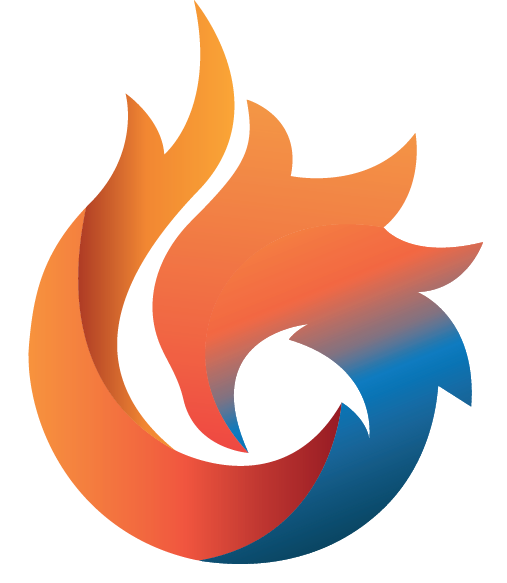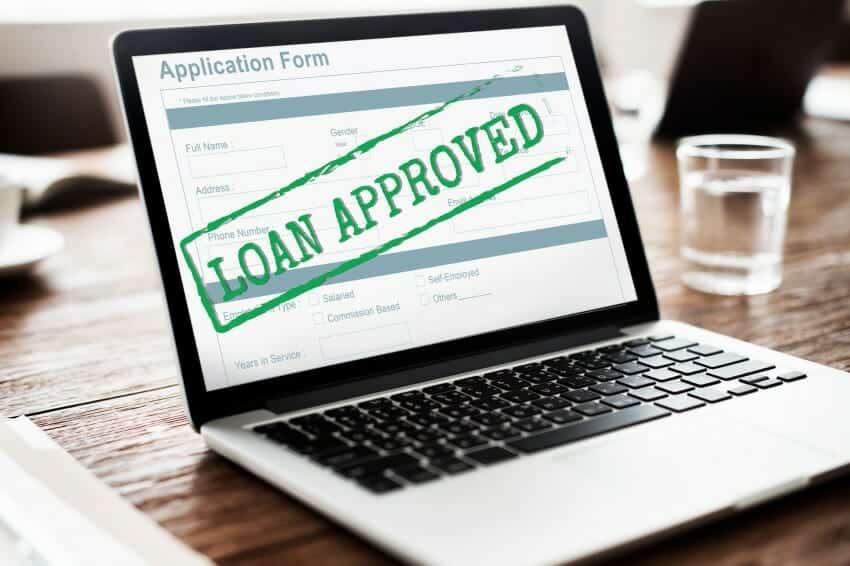Author:
Are you tired of watching your electric bills go up and up, month after month?
Have you been thinking about solar power but been put off by the high cost of solar panel systems?
If you live in the Phoenix area, there’s good news. Solar loans in Arizona allow you to get the solar panel system you’ve always wanted with no money down and affordable monthly payments.
Get solar panels for your home with a loan from us and start saving money on your energy bills immediately! We have a wide range of loan options to suit your needs, so don’t wait any longer, schedule your free solar consultation today!
How Solar Loans Work in Arizona
95% of Phoenix Solar Panel Systems’ purchases and installations in Arizona include a solar panel loan. Those who purchase using a loan are eligible for Federal and State tax credits. In addition, Arizona offers several other solar incentives to homeowners, including:
- Arizona Solar Property Tax Exemption
- Arizona Solar Sales Tax Exemption
- Mohave Electric Cooperative Sunwatts Renewable Energy and Rebate Program
- Generac and APS Battery Rebate
- Net Metering and Net Billing
Solar loans in Arizona work like a home mortgage. The title of the solar energy system will be put in the homeowner’s name when they install solar panels. Additionally, the solar finance company will hold a security interest in the solar system until the loan is paid off, which makes it a secured loan. A security interest means that if the homeowner fails to make payments on the loan, the solar finance company reserves the right to repossess the solar system, much like a vehicle loan.
Arizona customers can also use up to 50% of the loan funds for home energy efficiency upgrades. Phoenix Solar Panel Systems offers several services that will lower your carbon footprint and help you save money. All of our services can be added into your solar loan and completed with the installation of your solar system.
Common Features of Solar Loans
All of the solar panel loans discussed below have the following features:
- $0 down
- Real-time application and approval process
- No prepayment penalty
- No lien on homeowner’s home – loan secured with a UCC-1 filing on system only
- 100% digital contracts via DocuSign
- Customers may sign up for ACH auto-pay and receive a discount to their APR and/or lower monthly payment
- Fixed interest rates for entire life of the loan
- First payment is due 2 months after loan funding
- Loans automatically re-amortize once after the introductory period
- Monthly payment will increase after the introductory period if the 30% Federal Tax Credit money is not applied to the loan
- If home is sold, loan can be paid in full or transferred to the new home buyer
- Loan term lengths of 20 years and 25 years
Types of Solar Loans
The main type of solar loans in Arizona are from primary solar finance companies. These companies are backed by large international banks and they typically offer loans and solar leases. They include instant credit approval with minimal customer information and no proof of income needed.
With primary finance companies, the loan proceeds are distributed to the solar installer and not directly to the consumer. Customers with good credit and no recent bankruptcies can typically qualify for loans with primary finance companies.
Sometimes customers choose to finance their solar panel systems through credit unions or home equity loans. These methods are not widely used because they have a longer qualification process and often place a lien on the customer’s home.
Primary Finance Companies
There are several different primary finance companies that will provide a solar panel loan. The most widely used primary solar loan companies are:
Schedule Your Free Solar Consultation
Dividend Finance

Dividend Finance was founded in 2013 by CEO Eric White in San Francisco, California. In May 2022, Dividend was purchased by Fifth Third Bank but continues to operate independently.
Dividend offers solar panel loans under the EmpowerLoan brand. The Dividend Empower Loan includes the following:
- Assumes a 30% pre-pay at month 16
- Monthly payment increases if no additional payment is made at month 16
- Optional 20-year service plan through 3rd party
- Instant approval up to $65,000
- Available in 29 states
Dividend Finance – Loans Offered
The following solar panel loans are offered by Dividend Finance:

12-Year Loans
- 2.99%
- 3.99%

15-Year Loans
- 2.99%

20-Year Loans
- 2.99%
- 3.99%
- 4.99%
- 5.99%

25-Year Loans
- 2.99%
- 3.99%
- 4.99%
- 5.99%
Dividend Finance – Credit Requirements
Dividend Finance has the highest standards for qualifications of all the loan companies. Homeowners with excellent credit will qualify. Dividend has the following credit requirements to qualify for a solar panel loan:
- 660 minimum FICO score
- $40k minimum household income
- Income verification waived for well qualified borrowers
- Collections may be waived based on credit
- Prior bankruptcies must have been discharged a minimum of 2 years
See our page on Dividend for more information.


Sunnova

Sunnova was founded in 2012 in Houston, Texas. They provide solar and battery loans in 40 states across the country.
The Sunnova solar panel loan includes the following:
- Assumes a 30% pre-pay at month 18
- Monthly payment increases if no additional payment is made at month 18
- Sunnova Protect 25-Year System Coverage
- Zero out-of pocket costs for repairs, replacements, and labor for ALL system components, even if outside the manufacturer’s limited warranty
- Roof penetration warranty
- Energy guarantee
- MySunnova.com Portal with performance monitoring and easy account management
Sunnova – Loans Offered
These are the Sunnova solar panel loan options:
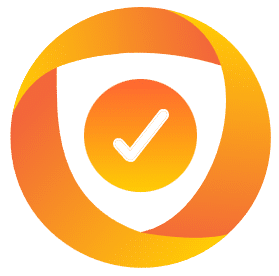
15-Year Loans
- 3.99%
- 4.99%
- 5.99%

15-Year Battery Storage Only Loans
- 3.99%
- 4.99%
- 5.99%

25-Year Loans
- 2.99%
- 3.99%
- 4.49%
- 4.99%
- 5.49%
- 5.99%

25-Year Battery Storage Only Loans
- 2.99%
- 3.99%
- 4.49%
- 4.99%
- 5.49%
- 5.99%
Sunnova – Credit Requirements
The details of Sunnova’s qualification process:
- 650 minimum FICO score
- Experian is the primary credit bureau
- Transunion is used as credit “waterfall” in close cases
- 199 minimum Telecom, Energy and Cable (TEC) score
- Maximum of two credit attempts per address every 90 days
- No bankruptcies in last seven years
- No derogatory accounts or tradelines (120 days late or more) in recent credit history
Schedule Your Free Solar Consultation
GoodLeap

GoodLeap, formerly LoanPal, was founded in 2003 in Roseville, California. In June 2021, the company changed its name to GoodLeap. GoodLeap is the top solar loan lender in the United States and it controlled 41% of the solar loan market in 2020.
In addition to their standard loans, GoodLeap also offers FlexPay loans. With FlexPay loans, only the interest is charged for the first 18 months. This is less expensive than their standard loans that charge the principal (and no interest) for the first 18 months. Thus, FlexPay loans are a good fit for homeowners that want more initial savings on their electricity.
The GoodLeap solar panel loan includes the following:
- Assumes a 30% pre-pay at month 18
- Monthly payment increases if no additional payment is made at month 18
- Co-borrowers don’t have to be on title, be related, or live in the home
- Condos, manufactured homes & second homes allowed
- Clients may sign up for ACH and receive a .50% discount to their APR
- Yearly re-amortization by request after the introductory period with additional principal payment of $2,500 or more
Goodleap – Loans Offered
Sunnova offers the following options for a solar panel loan:

15-Year Loans
- 2.99%
- 4.99%

20-Year Loans
- 2.99%
- 3.99%
- 4.99%
- 4.98% FlexPay
- 5.98% FlexPay

25-Year Loans
- 2.99%
- 3.99%
- 5.99%
- 3.98% FlexPay
- 4.98% FlexPay
- 5.98% FlexPay
GoodLeap – Credit Requirements
GoodLeap’s credit qualification process for a solar panel loan is:
- They pull credit from all 3 bureaus and use the highest score to qualify
- Soft credit check until panels are installed and loan is funded
- Only need last 4 of Social Security Number
- Adding a co-borrower may increase approval rates/amounts
GoodLeap FICO borrowing limits for Solar are:
- 600 Minimum FICO
- 600-649: Up to $45,000
- 650-669: Up to $50,000
- 670-699: Up to $75,000
- 700+: Up to $100,000
- 740+: Up to $125,000
- No Debt-to-Income requirement 700+
GoodLeap FICO borrowing limits for a Stand-Alone Battery are:
- 650 minimum FICO
- 650-699: Up to $35,000
- 700+: Up to $50,000

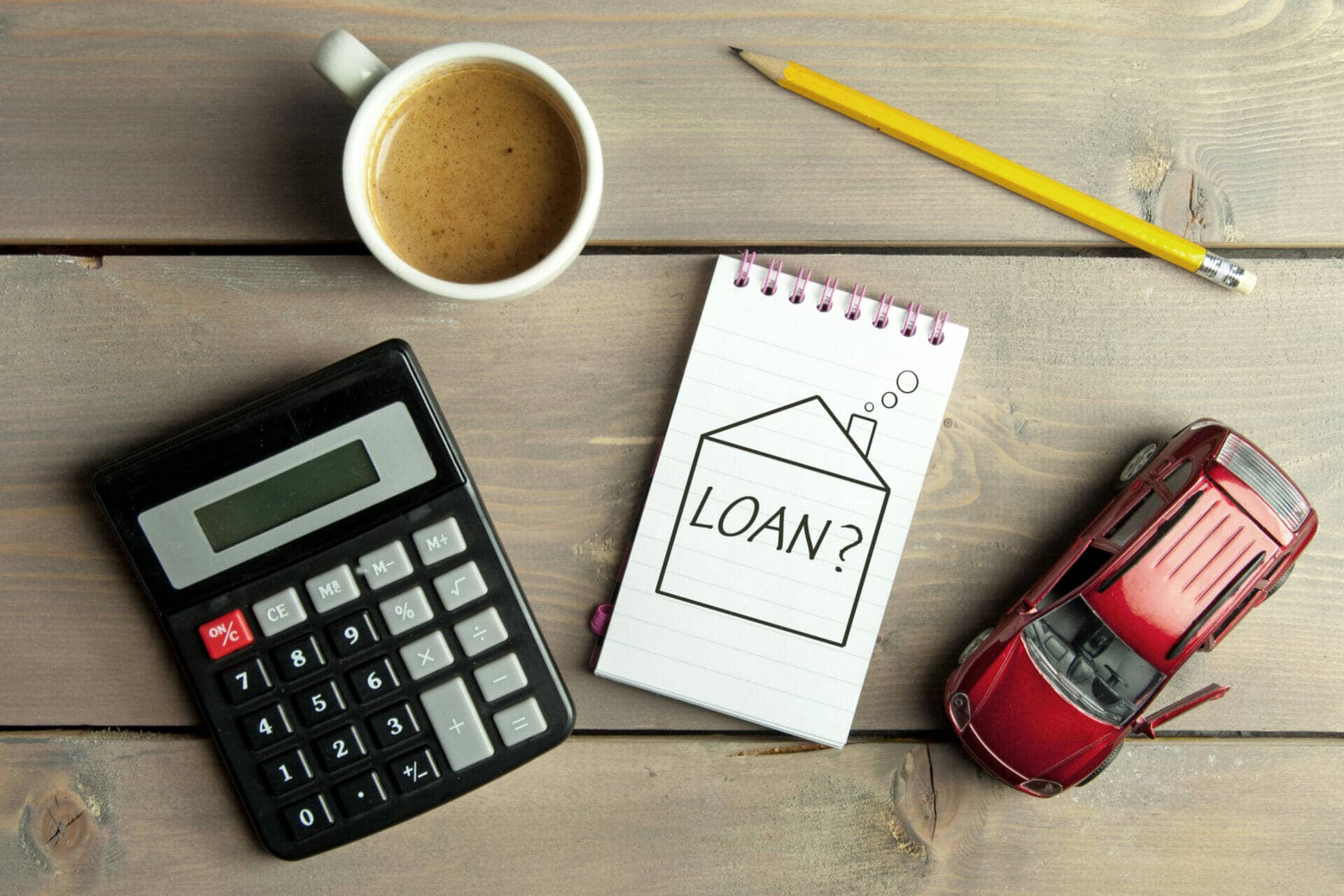
Sunlight Financial

Sunlight Financial was founded in 2014 by Wilson Chang and Neil Auerbach. At the time, most solar systems were purchased with leases or Power Purchase Agreements (PPAs). Sunlight Financial was one of the first finance companies to popularize the solar loan for consumers. In November 2020, Sunlight Financial passed $3 billion in funds loaned to finance home solar panel systems.
The Sunlight Financial solar panel loan includes the following:
- Assumes a 30% pre-pay at month 18
- Monthly payment increases if no additional payment is made at month 18
Sunlight Financial – Loans Offered
Here are the options for a Sunlight Financial solar panel loan:
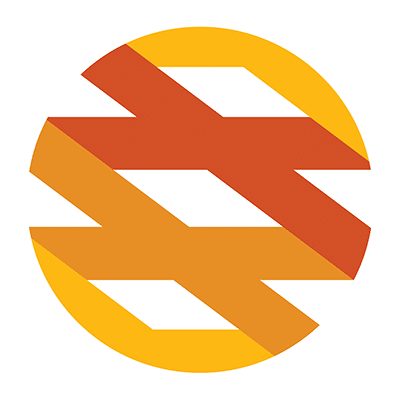
10-Year Loans
- 0.99%
- 1.49%
- 1.99%
- 2.49%
- 2.99%
- 3.99%
- 4.24%
- 5.74%
- 2.99% Battery Only
- 3.99% Battery Only

12-Year Loans
- 1.49%
- 1.99%
- 2.49%
- 2.99%
- 3.99%
- 4.49%

15-Year Loans
- 1.99%
- 2.49%
- 2.99%
- 3.49%

20-Year Loans
- 1.99%
- 2.49%
- 2.99%
- 3.49%

25-Year Loans
- 2.99%
- 3.99%
- 4.49%
- 4.99%
- 5.99%

30-Year Loans
- 3.99%
Sunlight Financial – Credit Requirements
Sunlight Financial has the following credit requirements and options to qualify for a solar panel loan:
- 700 FICO+ = 100k approval
- 650-699 FICO = 70k approval
- 600-649 FICO = 40k approval
- 55% Debt-to-Income required
- No Debt-to-Income requirement for over 700 FICO
- Accurate prequalification soft credit check tool (optional) using name, address, income and customer consent
- Primary borrower must be on the title of the home
- Co-borrowers accepted and do not need to live at the property
- Financing Available for single family residences, 2nd homes, ground mounts, trusts, multi-family, modular homes, rowhomes, townhomes, mobile and manufactured homes in a permanent foundation, and agricultural property with residential meter
- No Loan-to-Value requirement
- Sunlight can additionally finance any type of residential Home Improvement
Schedule Your Free Solar Consultation
Concert Finance

Concert Finance was recently acquired by Varicent. The company was founded in 2017 in Scottsdale, Arizona. Concert Finance loans are funded through EnerBank.
The Concert Finance solar panel loan includes the following:
- A Same-As-Cash Loan that has no interest or monthly payments for 12 months
- 12-3 Flex Loans have the 12-month no-payment period with re-amortizations occurring after 12 months, 24 months, and 36 months
- The Power Loan has the same structure as most other solar loans, with a no-interest period for 12 months and then a re-amortization
Concert Finance – Loans Offered
Here are the Concert Finance loans offered:

20-Year Loans
- 12-3 Flex
- 2.59%
- 2.99%
- 3.59%
- Power
- 2.59%
- 2.99%
- 3.59%

25-Year Loans
- 12-3 Flex
- 2.59%
- 2.99%
- 3.59%
- Power
- 2.59%
- 2.99%
- 3.59%
Concert Finance – Credit Requirements
Concert Finance has the following credit requirements and options to qualify for a solar panel loan:
- TransUnion 640 credit score and above required
- At least one applicant must live in the home and be on the title
- Only 1 applicant needs to have qualifying FICO score
- Homes owned by a LLC can qualify
- Up to 50% of loan amount can be for non-solar related home improvements


Mosaic

Mosaic was founded in 2010 in Oakland, California by Billy Parish, Dan Rosen, Arthur Coulston, and Steve Richmond. Mosaic initially offered loans for commercial solar development projects. In 2014, they changed their focus to financing residential solar projects. Mosaic advertises that they have some of the best loan approval rates in the industry.
Mosaic PowerSwitch ZERO Loans
The Mosaic PowerSwitch ZERO loans offer zero payments for 12 or 18 months.
Mosaic PowerSwitch CHOICE Loans
The Mosaic PowerSwitch CHOICE loans are for homeowners that plan on paying their 30% Federal Tax Credit money back into the loan. The first 18 months are a no-interest period with lower payments. After month 18, payments are adjusted higher if less than 30% is paid, or lower if more than 30% has been paid.
Mosaic PowerSwitch PLUS Loans
The Mosaic PowerSwitch PLUS loans are for homeowners that will not pay their tax credit money back into the loan, or are not receiving the tax credit. This loan is also ideal for financing other home improvement projects along with solar.
The first 18 months do not have a lower monthly payment like other solar loans. The monthly payment always remains the same throughout the loan. This only changes if money is paid into the loan during the first 18 months before the re-amortization, which would lower the monthly payment.
Mosaic Home Improvement Loans
The Mosaic Home Improvement loans are another line of loans offered by Mosaic that can finance items like HVAC, Roofing, Battery Storage, Solar, Interior Remodeling, Exterior Remodeling, Windows, Doors, and Electric Vehicle charging.
Mosaic – Loans Offered
Here are the Mosaic solar panel loan options:

PowerSwitch ZERO Loans
- 12 Months No Payments
- 25-Year 2.99%
- 25-Year 3.99%
- 18 Months No Payments
- 25-Year 2.99%
- 25-Year 7.99%

PowerSwitch CHOICE Loans
- 10-Year
- 5.99% | 6.59%
- 15-Year
- 5.99% | 6.59%
- 20-Year
- 1.99% | 2.99% | 3.99%
- 4.99% | 5.99% | 6.59%
- 6.99%
- 25-Year
- 1.49% | 1.99% | 2.99%
- 3.99% | 4.99% | 5.99%
- 6.29% | 6.59% | 6.99%

PowerSwitch PLUS Loans
- 25-Year
- 1.49% | 1.99% | 2.99%
- 3.99% | 4.99% | 5.99%
- 6.59%

Home Improvement Loans
- 5-Year
- 2.99% | 3.99% | 4.99%
- 5.99% | 7.99% | 8.99%
- 9.99% | 10.99% | 11.99%
- 7-Year
- 2.99% | 3.99% | 4.99%
- 5.99% | 6.99% | 7.99%
- 8.99% | 9.99% | 10.99%
- 11.99%
- 10-Year
- 2.99% | 3.99% | 4.99%
- 5.99% | 6.99% | 7.99%
- 8.99% | 9.99% | 10.99%
- 12-Year
- 2.99% | 3.99% | 4.99%
- 5.99% | 6.99% | 7.99%
- 8.99% | 9.99% | 10.99%
Mosaic – Credit Requirements
Mosaic has the following options to qualify for a solar panel loan:
- Qualifications for $45k, $55k, or $100k
- Pre-qualifications are soft credit checks
- Second homes, vacation homes, and rental properties will qualify

